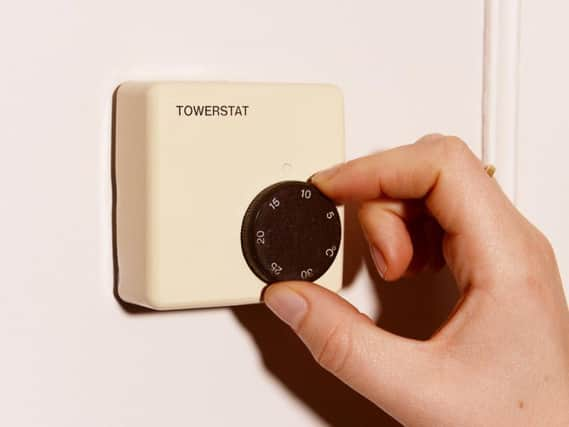Big drop in number of households seeing their heating bills reduced


The Energy Company Obligation (ECO) aims to help people at risk of fuel poverty by making energy firms install heat-saving measures such as insulation and more efficient boilers.
Department for Business, Energy and Industrial Strategy (BEIS) data shows that 19,023 homes in Lincolnshire have had improvements made since the scheme began in 2013.
Advertisement
Hide AdAdvertisement
Hide AdBut just 1,300 additional homes benefited from the project in 2018-19, compared to 2,400 in 2016-17, the earliest year with comparable data.
A recent Parliamentary report said that funding for ECO had halved in recent years, from an original budget of £1.3 billion per year to just £640 million.
David Weatherall, head of policy at the Energy Saving Trust, which promotes energy efficiency, said England suffered from a lack of taxpayer-funded support for home energy efficiency, despite existing schemes in other UK nations.
He said: “We’re very concerned about the low rate of installation of energy efficiency measures in homes.
Advertisement
Hide AdAdvertisement
Hide Ad“There needs to be a major infrastructure investment in English homes to support energy efficiency, going well beyond the current scale of ECO.”
The slowing pace of uptake in Lincolnshire is reflected across Britain, where 146,348 homes had measures installed in 2018-19 – 36 per cent fewer than two years earlier.
The most common upgrades under ECO in Britain are for cavity wall insulation (35 per cent), loft insulation (23 per cent) and boiler upgrades (22 per cent).
Advertisement
Hide AdAdvertisement
Hide AdJessica Ralston, from industry body the Sustainable Energy Association, said: “Energy efficiency should be a priority for the Government moving forwards.
“It is the first essential step in reducing carbon emissions from our buildings, and can make living and work spaces warmer and more comfortable, and reduce consumers’ energy bills.”
A BEIS spokesman said: “We’ve shifted the focus of the ECO scheme to ensure it is now entirely focused on helping the poorest out of fuel poverty, with support for low-income households increasing from £310 million a year in 2015 to £640 million a year up to 2022.
“On top of this, we’re protecting 11 million households from rip-off deals through our energy price cap and helping two million low-income households get money off their winter energy bills.”